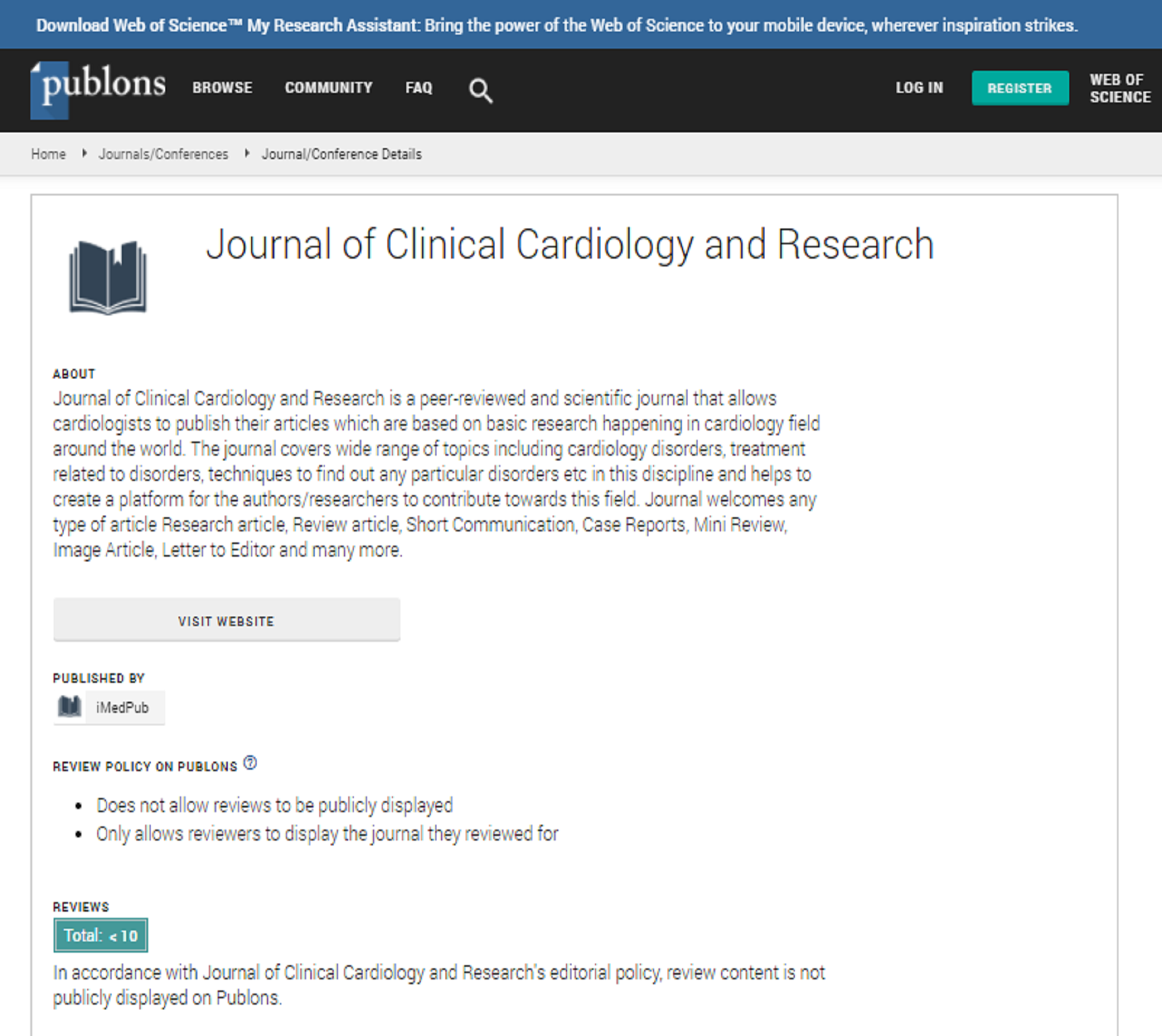New aspects of cardiovascular diseases, exercise treatments
International Conference on Heart and Cardiovascular Diseases
July 21, 2021 | WEBINAR
Sebastiao David Santos-Filho
Universidade Federal do Rio Grande do Norte, Brazil
ScientificTracks Abstracts: J Clin Cardiol Res
Abstract
New aspects of cardiovascular diseases, exercise treatments: The principal cardiovascular disease (CD) are: cerebral vascular accident, myocardium stroke, chest pain, and Atherosclerosis. People with more than 45 years suffer with cardiovascular disease are between 26 to 45 %. These % increase when the age is more than 75 years. The cardiac rehabilitation (CR) meliorates the conditions of those who suffer with CD. The CR involves different approaches as pharmacological therapy, behaviour alterations, education, diet programs, exercise (EX), smoking cessation. The use of EX as therapy is done against some barriers like failure of recognize the benefits of it, poor health, proper access failure, and unpleasant feelings associated with EX. The CR requirements are: education, pre-evaluation, objectives identification, training program, encouragement, and proper feedback. The indications for EX testing and physical training are: acute myocardial infarction with good evolution, revascularization of the myocardium, stable angina, coronary angioplasty, cardiomyopathies, heart transplant, and controlled systemic arterial hypertension. Although, there are some contraindications like prolonged unstable angina, thrombophlebitis, severe aortic stenosis, the use of the therapy is recommended. This is divided into four phases. The phase I includes to prevent the deleterious effects of immobility. The phase II objectives to improve cardiovascular function, the work physical capacity, force, endurance and flexibility, to detect arrhythmias and electrocardiogram alterations, improve the patient psychological profile, and to prepare patients for day-life activities. The phases III and IV are done with long-term EX program for recovery, adaptation and maintenance of cardiovascular system with the purpose curative and preventive. Although, some patients abandon the exercises, there are long-term benefits with the aerobic exercises like increase of muscle strength and endurance, decrease of triglycerides and total cholesterol, decrease of obesity, increase in carbohydrate metabolism, decrease of dyspnoea and angina pectoris, decrease of anxiety and depression, and increase in self-knowledge.
Biography
Sebastião David Santos-Filho has completed his PhD at the age of 47 years from Universidade Federal do Rio Grande do Norte - UFRN and postdoctoral studies from Universidade do Estado do Rio de Janeiro - UERJ. He is the scientific collaborator of UFRN biosciences department. He has published more than 141 papers in reputed journals and has been serving as an editorial board member of repute International Journals.
Google Scholar citation report
Journal of Clinical Cardiology and Research peer review process verified at publons
Abstracted/Indexed in
- Google Scholar
- Publons
Open Access Journals
- Aquaculture & Veterinary Science
- Chemistry & Chemical Sciences
- Clinical Sciences
- Engineering
- General Science
- Genetics & Molecular Biology
- Health Care & Nursing
- Immunology & Microbiology
- Materials Science
- Mathematics & Physics
- Medical Sciences
- Neurology & Psychiatry
- Oncology & Cancer Science
- Pharmaceutical Sciences

